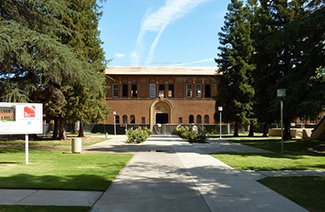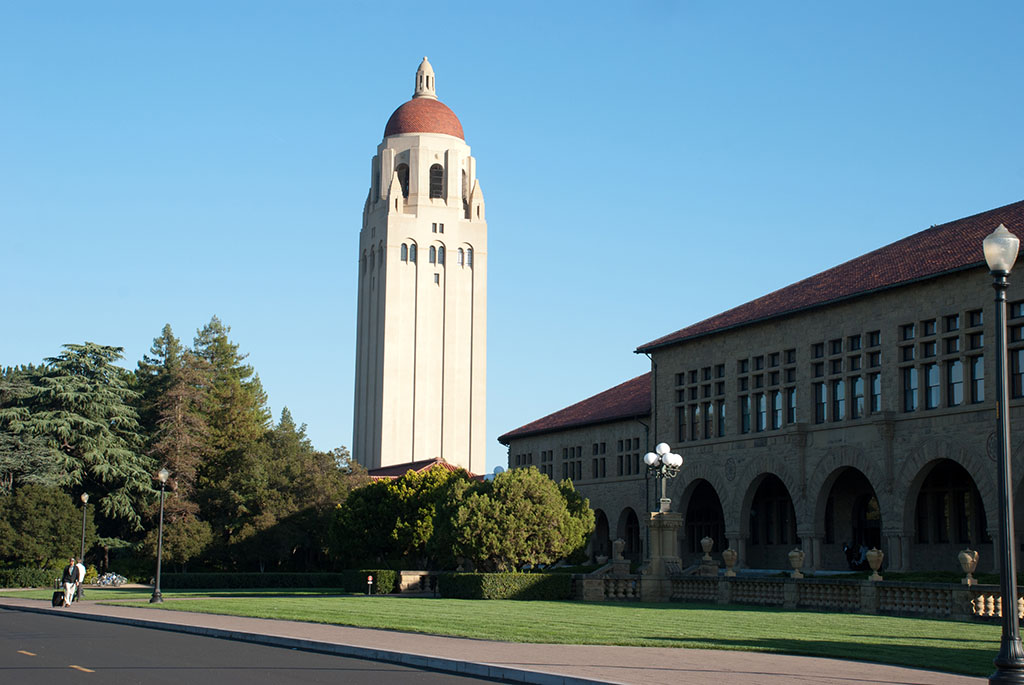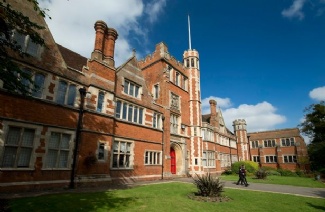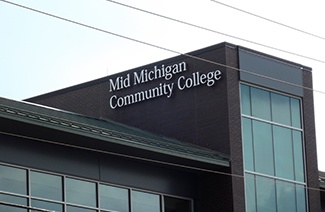3月10日
Government of India
Passage1: “Government of India”, a speech delivered in the House of Commons on the 10th of July, 1883 by Thomas Babington Macaulay
原文内容:(考试内容有删减)
It is true, then, that there was too much foundation for the representations of those satirists and dramatists who held up the character of the English Nabob to the derision and hatred of a former generation. It is true that some disgraceful intrigues, some unjust and cruel wars, some instances of odious perfidy and avarice, stain the annals of our Eastern Empire. It is true that the duties of government and legislation were long wholly neglected or carelessly performed. It is true that when the conquerors at length began to apply themselves in earnest to the discharge of their high functions, they committed the errors natural to rulers who were but imperfectly acquainted with the language and manners of their subjects. It is true that some plans, which were dictated by the purest and most benevolent feelings, have not been attended by the desired success. It is true that India suffers to this day from a heavy burden of taxation and from a defective system of law. It is true, I fear, that in those states which are connected with us by subsidiary alliance, all the evils of oriental despotism have too frequently shown themselves in their most loathsome and destructive form.
But nowadays its affairs are much improved, and still improving!
All this is true. Yet in the history and in the present state of our Indian Empire I see ample reason for exultation and for a good hope.
I see that we have established order where we found confusion. I see that the petty dynasties which were generated by the corruption of the great Mahometan Empire, and which, a century ago, kept all India in constant agitation, have been quelled by one overwhelming power. I see that the predatory tribes, which, in the middle of the last century, passed annually over the harvests of India with the destructive rapidity of a hurricane, have quailed before the velour of a braver and sterner race, have been vanquished, scattered, hunted to their strongholds, and either extirpated by the English sword, or compelled to exchange the pursuits of rapine for those of industry.
I look back for many years; and I see scarcely a trace of the vices which blemished the splendid fame of the first conquerors of Bengal. I see peace studiously preserved. I see faith inviolably maintained towards feeble and dependent states. I see confidence gradually infused into the minds of suspicious neighbors. I see the horrors of war mitigated by the chivalrous and Christian spirit of Europe. I see examples of moderation and clemency, such as I should seek in vain in the annals of any other victorious and dominant nation. I see captive tyrants, whose treachery and cruelty might have excused a severe retribution, living in security, comfort, and dignity, under the protection of the government which they labored to destroy.
I see a large body of civil and military functionaries resembling in nothing but capacity and velour those adventurers who, seventy years ago, came hither, laden with wealth and infamy, to parade before our fathers the plundered treasures of Bengal and Tanjore. I reflect with pride that to the doubtful splendor which surrounds the memory of Hastings and of Clive, we can oppose the spotless glory of Elphinstone and Munro. I contemplate with reverence and delight the honorable poverty which is the evidence of rectitude firmly maintained amidst strong temptations. I rejoice to see my countrymen, after ruling millions of subjects, after commanding victorious armies, after dictating terms of peace at the gates of hostile capitals, after administering the revenues of great provinces, after judging the causes of wealthy Zemindars, after residing at the courts of tributary Kings, return to their native land with no more than a decent competence.
I see a government anxiously bent on the public good. Even in its errors I recognize a paternal feeling towards the great people committed to its charge. I see toleration strictly maintained: yet I see bloody and degrading superstitions gradually losing their power. I see the morality, the philosophy, the taste of Europe, beginning to produce a salutary effect on the hearts and understandings of our subjects. I see the public mind of India, that public mind which we found debased and contracted by the worst forms of political and religious tyranny, expanding itself to just and noble views of the ends of government and of the social duties of man.
I see evils: but I see the government actively employed in the work of remedying those evils. The taxation is heavy; but the work of retrenchment is unsparingly pursued. The mischief’s arising from the system of subsidiary alliance are great: but the rulers of India are fully aware of those mischief, and are engaged in guarding against them. Wherever they now interfere for the purpose of supporting a native government, they interfere also for the purpose of reforming it.
文章概述:
本文一开始讲述了外来统治给印度国家的发展和人们的生活带来的苦难,外来的统治不能适应印度自身的国情和风俗,并且印度政府没有尽到应尽的职责,使人民的生活处于水深火热之中如被苛以重税等。后来画风突转,从抑到扬,表示印度的现在和未来还是有值得欢喜之处,是有希望的,印度政府虽有过错,但一直在通过行动和政策弥补以前的过失,通过改革来为其人民谋幸福。
Passage2: Tilak’s speech on “The Tenets of the New Party”(1907)by Bal GangadharTilak(Indian political leader)
原文内容:
One thing is granted, namely, that this government does not suit us. As has been said by an eminent statesman - the government of one country by another can never be a successful, and therefore, a permanent government. There is no difference of opinion about this fundamental proposition between the old and new schools. One fact is that this alien government has ruined the country. In the beginning, all of us were taken by surprise. We were almost dazed. We thought that everything that the rulers did was for our good and that this English government has descended from the clouds to save us from the invasions of Tamerlane and Chingis Khan, and, as they say, not only from foreign invasions but from internecine warfare, or the internal or external invasions, as they call it. . . . We are not armed, and there is no necessity for arms either. We have a stronger weapon, a political weapon, in . We have perceived one fact, that the whole of this administration, which is carried on by a handful of Englishmen, is carried on with our assistance. We are all in subordinate service. This whole government is carried on with our assistance and they try to keep us in ignorance of our power of cooperation between ourselves by which that which is in our own hands at present can be claimed by us and administered by us. The point is to have the entire control in our hands. I want to have the key of my house, and not merely one stranger turned out of it. Self-government is our goal; we want a control over our administrative machinery. We don't want to become clerks and remain clerks. At present, we are clerks and willing instruments of our own oppression in the hands of' an alien government, and that government is ruling over us not by its innate strength but by keeping us in ignorance and blindness to the perception of this fact. Professor Seeley shares this view. Every Englishman knows that they are a mere handful in this country and it is the business of every one of them to befool you in believing that you are weak and they are strong. This is politics. We have been deceived by such policy so long. What the new party wants you to do is to realize the fact that your future rests entirely in your own hands. If you mean to be free, you can be free; if you do not mean to be free, you will fall and be forever fallen. So many of you need not like arms; but if you have not the power of active resistance, have you not the power of self-denial and self-abstinence in such a way as not to assist this foreign government to rule over you? This is and this is what is meant when we say, is a political weapon. We shall not give them assistance to collect revenue and keep peace. We shall not assist them in fighting beyond the frontiers or outside India with Indian blood and money. We shall not assist them in carrying on the administration of justice. We shall have our own courts, and when time comes we shall not pay taxes. Can you do that by your united efforts? If you can, you are free from tomorrow. Some gentlemen who spoke this evening referred to half bread as against the whole bread. I say I want the whole bread and that immediately. But if I cannot get the whole, don't think that I have no patience.
I will take the half they give me and then try for the remainder. This is the line of thought and action in which you must train yourself. We have not raised this cry from a mere impulse. It is a reasoned impulse. Try to understand that reason and try to strengthen that impulse by your logical convictions. I do not ask you to blindly follow us. Think over the whole problem for yourselves. If you accept our advice, we feel sure we can achieve our salvation thereby. This is the advice of the new party. Perhaps we have not obtained a full recognition of our principles. Old prejudices die very hard. Neither of us wanted to wreck the Congress, so we compromised, and were satisfied that our principles were recognized, and only to a certain extent. That does not mean that we have accepted the whole situation. We may have a step in advance next year, so that within a few years our principles will be recognized, and recognized to such an extent that the generations who come after us may consider us Moderates. This is the way in which a nation progresses, and this is the lesson you have to learn from the struggle now going on. This is a lesson of progress, a lesson of helping yourself as much as possible, and if you really perceive the force of it, if you are convinced by these arguments, then and then only is it possible for you to effect your salvation from the alien rule under which you labor at this moment.
文章概述:
本文一开始即说明英国政府的统治管理不适合印度,异国对印度的管制是不会成功的,它会对这个国家带来巨大的灾难。,并通过麻痹印度人民的思想使其认为英国很强大而自己很弱小,作者认为要想实现真正的发展应将主动权掌握在自己的手中,因此,他呼吁印度人民能够认清现实,看清英国统治的本质,将权利掌握在自己手中。
题目:
1. p1文章的main focus 是如何转移的。需要把握全文,抓住段落大意和文章的逻辑词;文章先抑后扬,,后提到政府其实取得了较好成果。
2. 原文何处支撑了“British unified India” 难度不大,只要将四个选项带入。就会发现原文有一句:(I see…dependent states);
3. 词汇题 attend 和哪个词意思接近:frequented / maintain/replaced/accompanied;
4. 词汇题 charge 和哪个词意思接近:care/invasion/accusation/expense;
5. 第二篇的段落大意:文章主旨体现非常清晰鲜明:the British ruined our country;
6. 印度人民对英国统治最初的态度:原文第二篇第3-5句话直接体现:一开始认为英国是for their good,为他们着想;
7. 英国是用何种方式来巩固它们在印度的统治?答案在文章第二段:通过愚民手段:fooled ignorance,blindness;
8. 词汇题 business 和以下哪个词意思接近:objectives/likehood/movement;
9. p2作者会如何看待p1作者所说的英国帮助实现印度国内的稳定性:p2作者立场鲜明,反对p1作者,认为只有权利在本国人手中才能实现稳定;
10. p2作者如何看p1作者所说的“some plan” 难度不大:作者立场很容易看出,reject 作者在第二段认为英国是利用华丽的外衣来实现一国私欲;
11. 上一题循证题。
相关阅读

















